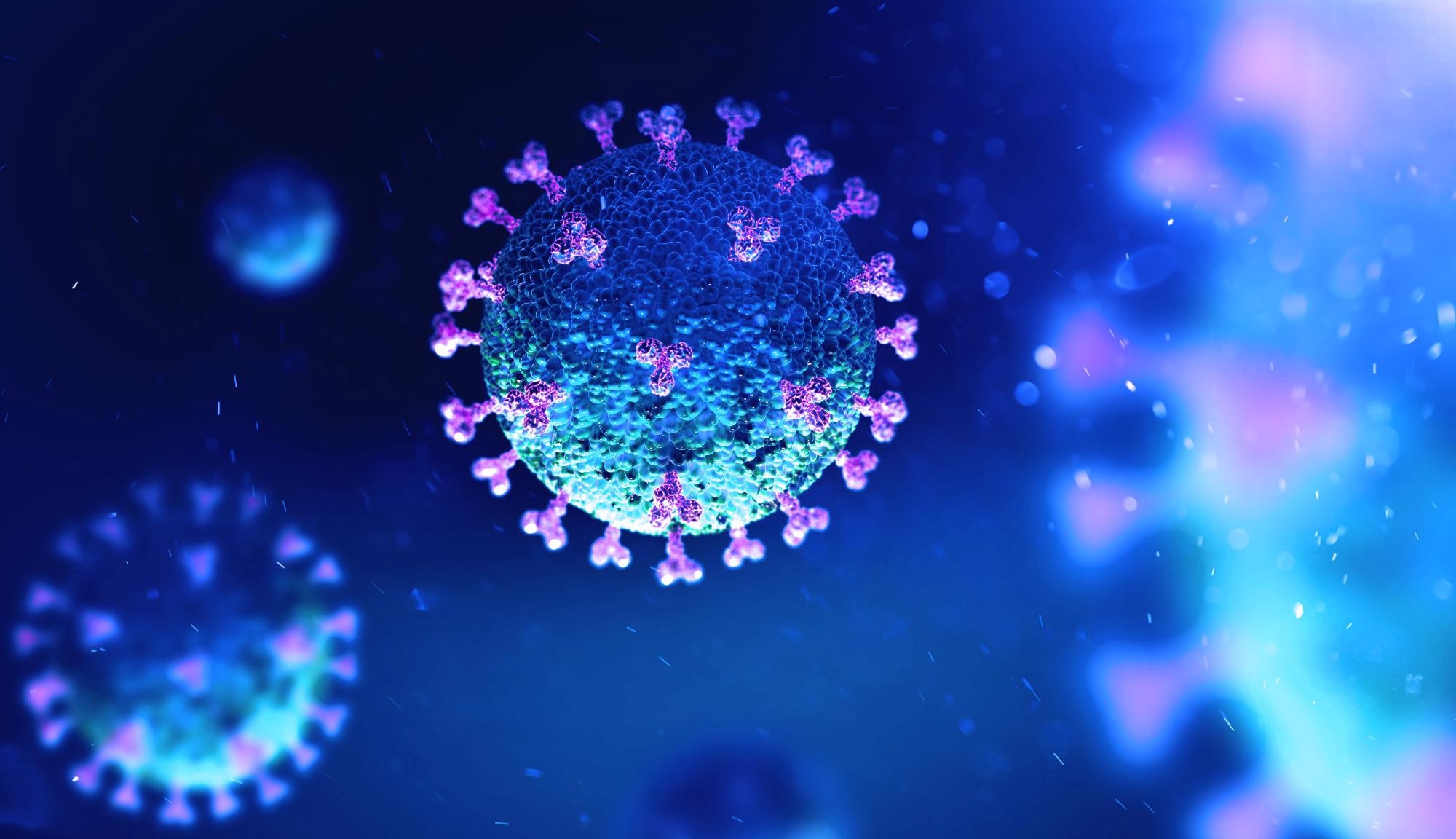
Image Credit: Andrii Vodolazhskyi/Shutterstock
In the Warrior Watch Study, slight changes were detected in the heart rate variability (HRV) of a specific participant, and these were quantified by an Apple Watch.
The study found that these changes were able to indicate the onset of COVID-19 infection by up to seven days before the person was diagnosed with the infection through the standard nasal swab, and also to identify individuals who have the COVID-19 symptoms.
This study highlights the future of digital health. It shows that we can use these technologies to better address evolving health needs, which will hopefully help us improve the management of disease. Our goal is to operationalize these platforms to improve the health of our patients and this study is a significant step in that direction.
Robert P. Hirten, MD, Study Corresponding Author and Assistant Professor of Medicine (Gastroenterology), Icahn School of Medicine at Mount Sinai
Hirten, who is also a member of the Hasso Plattner Institute for Digital Health at Mount Sinai and the Mount Sinai Clinical Intelligence Center (MSCIC), added, “Developing a way to identify people who might be sick even before they know they are infected would be a breakthrough in the management of COVID-19.”
In an ongoing digital study performed from April to September 2020, the investigators enrolled many hundred health care workers across the Mount Sinai Health System. The study participants wore Apple Watches and responded to daily queries via a custom-made app.
The researchers used the changes in the participants’ HRV—a measure of the function of the nervous system identified by the wearable device—to detect and predict whether the health care workers were infected with the COVID-19 disease or had symptoms.
Other day-to-day symptoms that were obtained included chills or fever, weakness or tiredness, dry cough, body aches, runny nose, sneezing, headache, sore throat, diarrhea, itchy eyes, loss of taste or smell and shortness of breath.
The team also found that from 7 to 14 days after the COVID-19 diagnosis, the HRV pattern started to normalize and was not statistically dissimilar from the patterns of those individuals who were not infected with COVID-19.
This technology allows us not only to track and predict health outcomes, but also to intervene in a timely and remote manner, which is essential during a pandemic that requires people to stay apart.
Zahi Fayad, PhD, Study Co-Author and Director, BioMedical Engineering and Imaging Institute, Icahn School of Medicine at Mount Sinai
Fayad is also the co-founder of the MSCIC, and the Lucy G. Moses Professor of Medical Imaging and Bioengineering at the Icahn School of Medicine at Mount Sinai.
The Warrior Watch Study builds on the collective effort of the Hasso Plattner Institute for Digital Health and the MSCIC, which represents different groups of researchers, data scientists, clinical physicians, and engineers across the Mount Sinai Health System who collectively joine in the spring of 2020 to fight the COVID-19 disease.
Following this, the new study will further investigate the biometrics, such as physical activity, sleep disruption, and HRV to figure out which health care workers are at risk of the psychological impacts of COVID-19.
Journal Reference
Hirten, R. P., et al. (2021) Physiological Data from a Wearable Device Identifies SARS-CoV-2 Infection and Symptoms and Predicts COVID-19 Diagnosis: Observational Study. Journal of Medical Internet Research. doi.org/10.2196/26107.